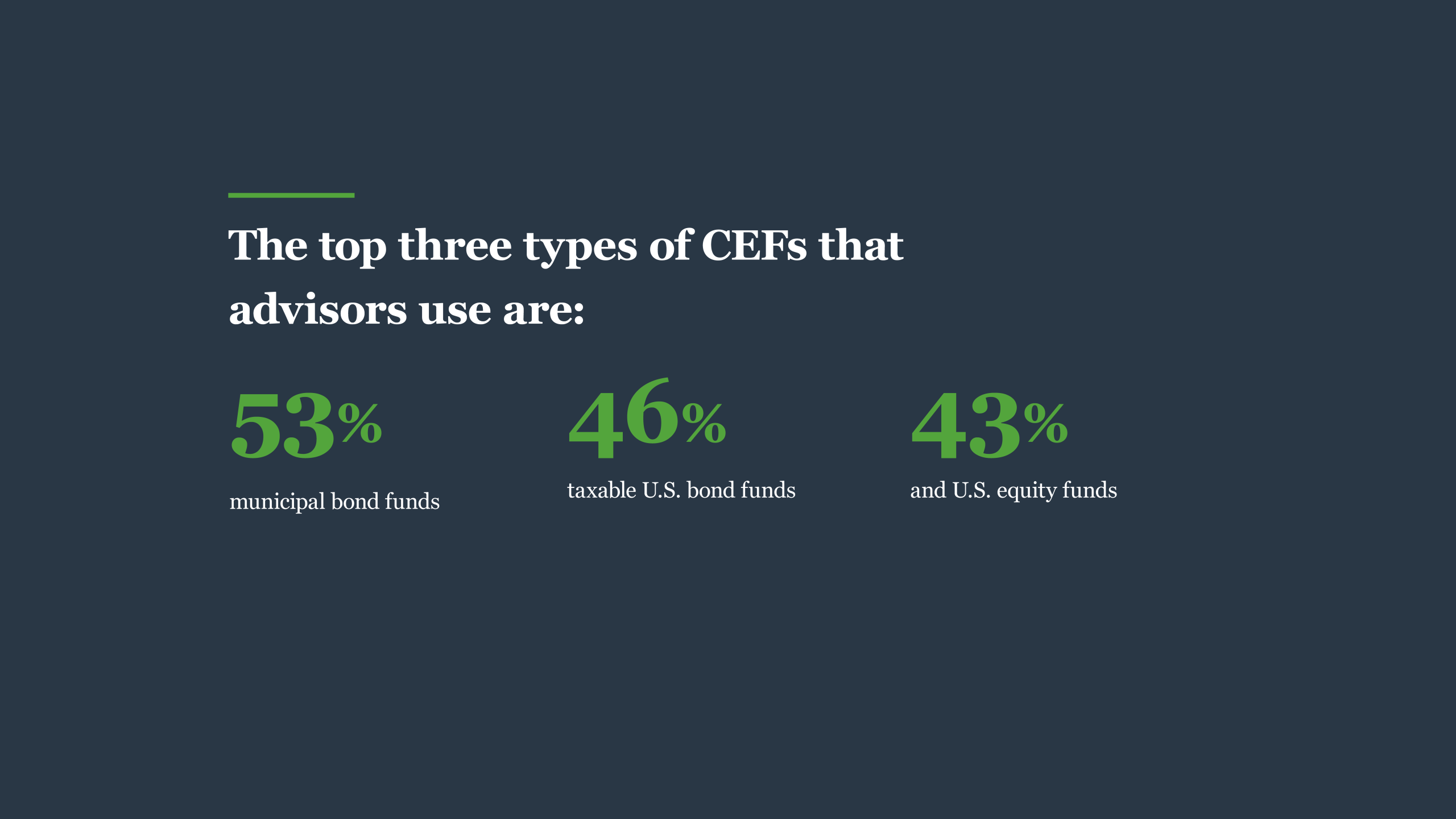Table of Contents
Investment business spend money on part of their customers that, in return, share in the profits and losses.
:max_bytes(150000):strip_icc()/ezgif-7-53266e528cbc-a355b35e34bd432090c3e4e116cd979f.jpg)
Financial investment business do not consist of broker agent companies, insurance companies, or banks.
A significant sort of business not covered under the Financial Investment Firm Act 1940 is personal financial investment companies, which are merely private business that make investments in supplies or bonds, however are limited to under 250 investors and are not regulated by the SEC. These funds are often composed of extremely wealthy capitalists.
This offers particular securities and oversight for financiers. Managed funds usually have restrictions on the types and quantities of financial investments the fund supervisor can make. Normally, managed funds might only spend in noted securities and no greater than 5% of the fund might be purchased a solitary security. Most of investment companies are shared funds, both in terms of variety of funds and assets under monitoring.
Investment Management local to Round Rock, Texas
The first investment depends on were established in Europe in the late 1700s by a Dutch investor who desired to allow small capitalists to pool their funds and branch out. This is where the concept of financial investment business originated, as specified by K. Geert Rouwenhorst. In the 1800s in England, "financial investment merging" emerged with depends on that resembled modern-day investment funds in framework.

Brand-new securities guidelines in the 1930s like the 1933 Securities Act restored investor self-confidence.
United State Stocks and Exchange Commission (SEC).
Mineral Rights Companies in Round Rock, Texas
Lemke, Lins and Smith, Law of Financial Investment Firms, 4.01 (Matthew Bender, 2016 ed.). Chaudhry, Sayan; Kulkarni, Chinmay (2021-06-28). "Style Patterns of Spending Applications and Their Effects on Spending Actions". ACM. pp. 777788. doi:10.1145/ 3461778.3462008. ISBN 978-1-4503-8476-6. "Financial investment Clubs and the SEC",, Customized January 16, 2013. (PDF). Financial Investment Firm Institute. 2023.
In retail mutual fund, thousands of capitalists may be entailed via middlemans, and they may have little or no control of the fund's activities or expertise concerning the identifications of various other capitalists. The potential variety of financiers in an exclusive mutual fund is typically smaller sized than retail funds. Exclusive financial investment funds tend to target high-net-worth people, including politically subjected persons, and fund managers might have a close relationship with their client financiers.

Easy funds have been growing in their market share, and in some territories they hold a considerable section of possession in openly traded companies. There are various categories for mutual fund. Some are closed-end, indicating they have a set number of shares or capital, whilst others are open-end, implying they can grow into endless shares or resources.
The prices, threat, and regards to derivatives are based on an underlying property, and they allow investors to hedge a placement, rise leverage, or hypothesize on an asset's change in value. As an example, a financier might have both a supply and an option on the exact same stock that allows them to sell it at a set rate; as a result, if the stock's price drops, the option still retains value, lowering the financier's losses.
Whilst considered, given the emphasis of this rundown on the robot of company lorries, a full treatment of the useful ownership of assets is outside its range. A mutual fund works as an avenue to gain from several assets being held as investments. Financiers can be individuals, corporate vehicles, or institutions, and there are typically a number of intermediaries in between the financier and investment fund as well as in between the mutual fund and the underlying economic assets, especially if the fund's systems are exchange-traded (Box 1).
Mineral Rights Companies
Depending on its legal form and framework, the people working out control of a financial investment fund itself can differ from the people that own and take advantage of the underlying properties being held by the fund at any kind of given point, either straight or indirectly. Both retail and exclusive mutual fund typically have fund supervisors or advisors who make financial investment decisions for the fund, picking safety and securities that straighten with the fund's purposes and run the risk of tolerance.
and work as intermediaries in between capitalists and the fund, assisting in the purchasing and selling of fund shares. They connect financiers with the fund's shares and perform trades on their behalf. take care of the registration and transfer of fund shares, preserving a document of shareholders, processing possession modifications, and providing proxy products for investor conferences.
Navigation
Latest Posts
Investment Management around Round Rock
Investment Company
Landscape Design Contractor around Round Rock, Texas